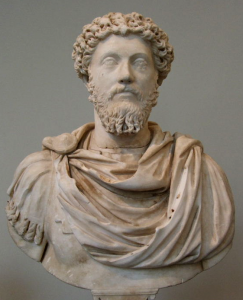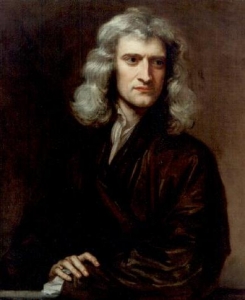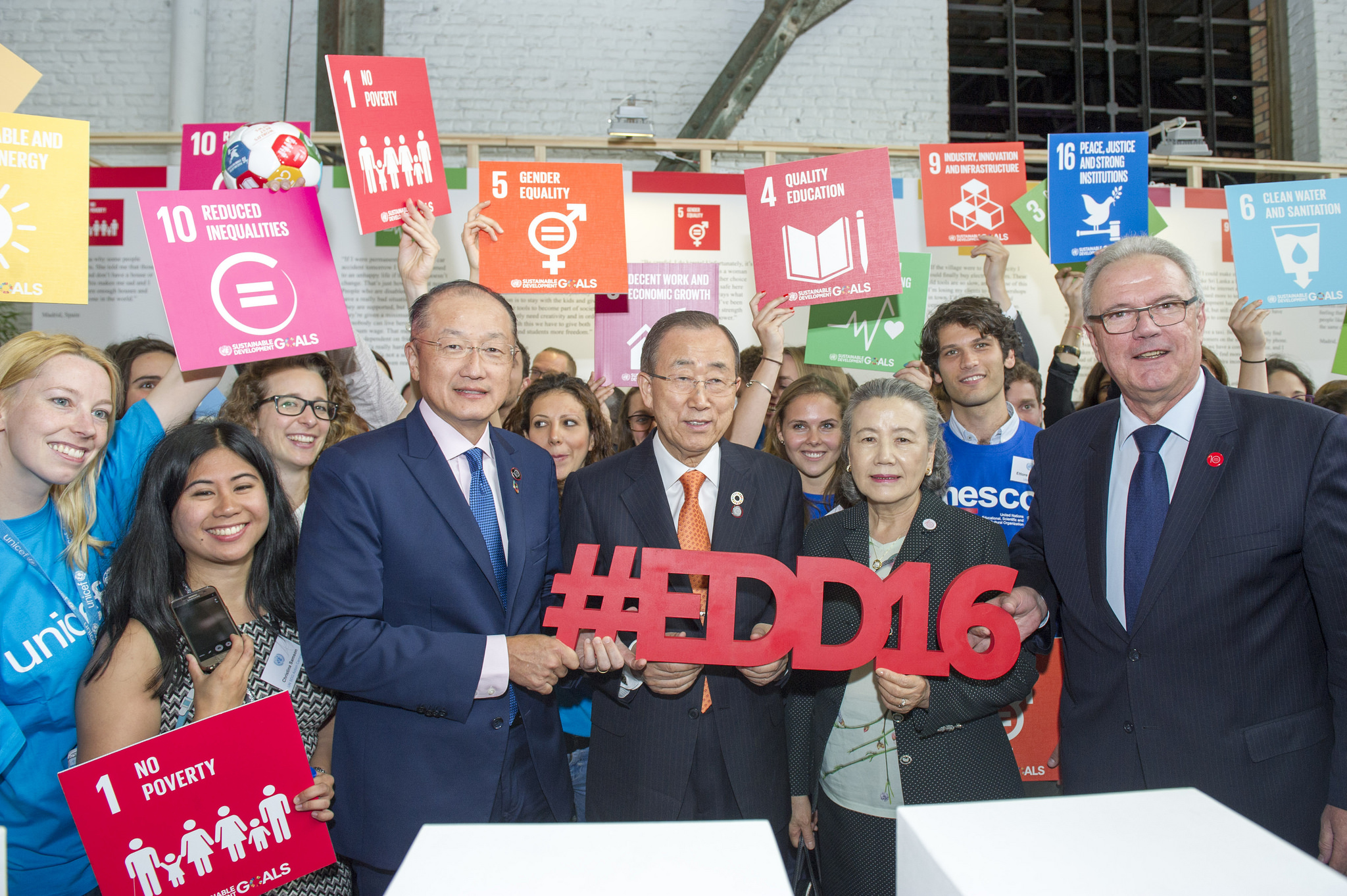While we are in the midst of some historic times with the spread of the novel coronavirus, this is not the first pandemic we’ve experienced as a species. There have been more than a dozen major pandemics throughout history. In the second of a three part series looking at the Covid-19 pandemic and worker displacement, Emma and Ross Smith share some thoughts from a couple of famous figures who lived during different pandemic times.
Marcus Aurelius
During the Antoinine Plague of 166 CE, Emperor Marcus Aurelius wrote in his Meditations about the spread of the disease, “To bear in mind constantly that all of this has happened before and will happen again—the same plot from beginning to end, the identical staging. Produce them in your mind, as you know them from experience or from history: the court of Hadrian, of Antoninus. The courts of Philip, Alexander, Croesus. All just the same. Only the people different.”
Marcus, you were Emperor of Rome from 161 to 180 CE, and the plague was present for most of your reign, killing perhaps 18 million people. How did you find inspiration to lead?
“When you need encouragement, think of the qualities the people around you have: this one’s energy, that one’s modesty, another’s generosity, and so on. Nothing is as encouraging as when virtues are visibly embodied in the people around us, when we’re practically showered with them. It’s good to keep this in mind.”
You personally lost several children to the disease, yet rather than flee and isolate yourself, you stayed to lead the battle against the disease, and eventually succumb yourself.
“Not to live as if you had endless years ahead of you. Death overshadows you. While you’re alive and able — be good.” “It is not death that a man should fear, but he should fear never beginning to live.” And to quote Seneca, “Let us prepare our minds as if we’d come to the very end of life. Let us postpone nothing. Let us balance life’s books each day. … The one who puts the finishing touches on their life each day is never short of time.”
Any comments or advice for people in 2020 who are confined at home by COVID-19, our version of the plague?
“Do not act as if you were going to live ten thousand years. Death hangs over you. While you live, while it is in your power, be good.” “Look well into thyself; there is a source of strength which will always spring up if thou wilt always look.” “A man’s worth is no greater than the worth of his ambitions.”
Isaac Newton
In 1665, the plague hit London. As a student at Cambridge, Isaac Newton was sent home to help stop the spread of the plague in the UK. He was just 23 years old.
Isaac, you were sent home from Cambridge to self-isolate, what did you do while you in quarantine?
“In the beginning of the year 1665 I found the Method of approximating series & the Rule for reducing any dignity of any Binomial into such a series. The same year in May I found the method of Tangents of Gregory & Slusius, & in November had the direct method of fluxions & the next year in January had the Theory of Colours & in May following I had entrance into ye inverse method of fluxions. And the same year I began to think of gravity extending to ye orb of the Moon & (having found out how to estimate the force with wch [a] globe revolving within a sphere presses the surface of the sphere) from Kepler’s rule of the periodic times of the Planets being in sesquialterate proportion of their distances from the center of their Orbs, I deduced that the forces wch keep the Planets in their Orbs must [be] reciprocally as the squares of their distances from the centers about wch they revolve: & thereby compared the force requisite to keep the Moon in her Orb with the force of gravity at the surface of the earth, & found them answer pretty nearly.
All this was in the two plague years of 1665-1666. For in those days I was in the prime of my age for invention & minded Mathematicks & Philosophy more then than at any time since.”
Wow, those are some amazing accomplishments. What did you learn from spending that time in quarantine?
“If I have ever made any valuable discoveries, it has been due more to patient attention, than to any other talent.” “If others would think as hard as I did, then they would get similar results.” “Live your life as an exclamation rather than an explanation.” “Truth is the offspring of silence and meditation.”
Any comments or advice for people in 2020 who are confined at home by COVID-19, our version of the plague?
“My powers are ordinary. Only my application brings me success.” “You have to make the rules, not follow them.”
Thank you both for a great session!
Emma Smith (@emmyagsmith) is a humanitarian committed to using frontier technologies to tackle today’s greatest social and environmental challenges. Currently the Co-Founder and Chief Operating Officer at Eversend, Africa’s first neobank, Emma has been honored as a Forbes 30 Under 30 and Fellow of the Royal Society of the Arts. She has a BA with Distinction from Duke University and a MSc. from the London School of Economics.
Ross Smith, FRSA (@42projects) is Emma’s Dad; a Fellow of the Royal Society of the Arts; Director of Skype for Good at Microsoft; Author of The Practical Guide to Defect Prevention and holds seven U.S. patents. He is a board member of the Spreeha Foundation and a blogger for the Society for Human Resource Management (SHRM). His academic papers are published on ResearchGate.
The views expressed in this post are those of the author and in no way reflect those of the International Development LSE blog or the London School of Economics and Political Science.








1 Comments